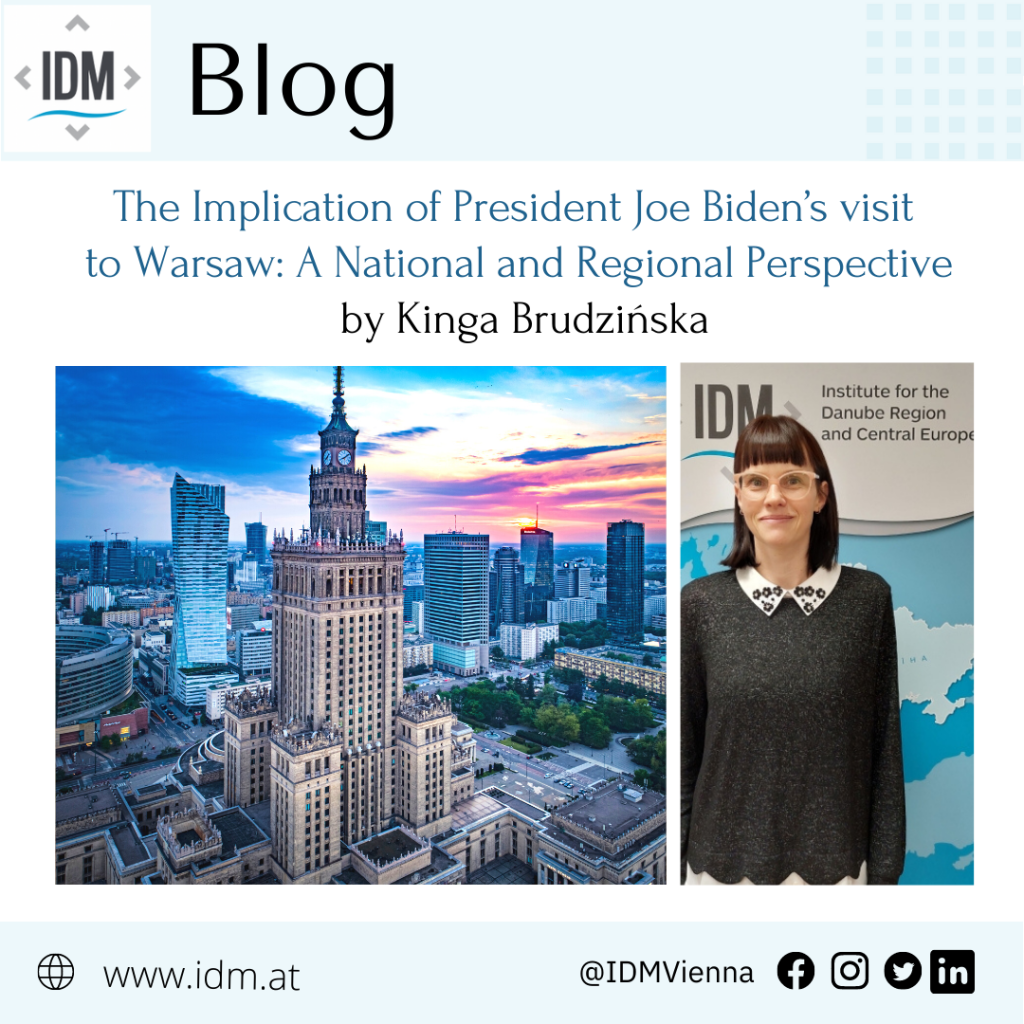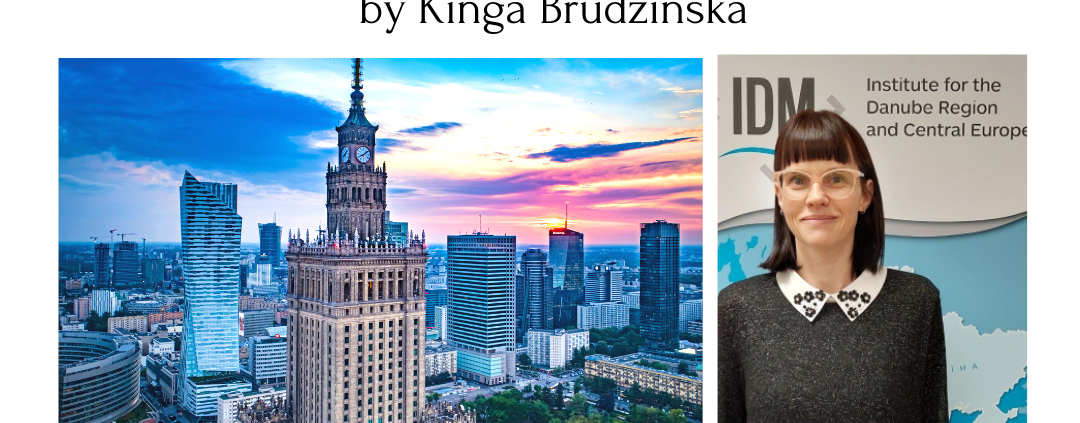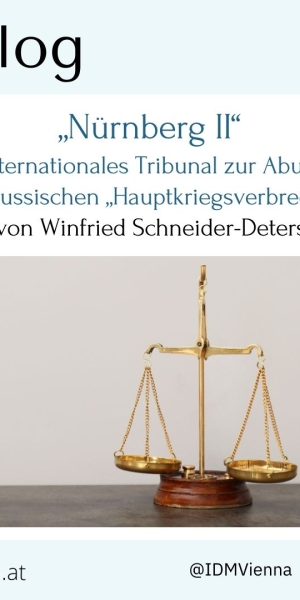The Implications of President Joe Biden’s Visit to Warsaw: national and regional perspectives

President Joe Biden is coming to Poland this week, almost exactly one year after the Russian invasion in Ukraine started. On 21 February Biden was also in Kyiv on a surprise visit, for which he used Rzeszów in Poland to transfer to Ukraine. But the visit, despite being symbolic, has some domestic and regional implications.
According to the information available today, in Poland President Biden (POTUS) will hold bilateral talks with the leaders of the ruling camp (including the Polish President, Andrzej Duda), make a public address to the Poles (at the symbolic place near the Royal Castle in Warsaw), and take part in the meeting of the so-called Bucharest Nine, a group of nine NATO countries in Eastern Europe. Just as it happened on 26 March 2022, the upcoming visit will focus on security issues, and its underlying theme will be the anniversary of Russia’s invasion of Ukraine.
Biden will be the first US president to visit Poland again in less than a year after the previous one, although Barack Obama visited Poland three times: in 2011, 2014, and 2016. Poland was chosen as a destination for the POTUS visit because it has become a hub for international support for Ukraine. Nowadays Poland is a territory through which Western supplies are entering Ukraine, be they humanitarian or military. Moreover, the country is important as it received one of the biggest numbers of refugees (around 950 thousands so far) among EU countries and in the region. Apart from Poland, the Czech Republic and Bulgaria are hosting significant numbers of refugees, but they are significantly lower: 432 thousands and 147 thousands respectively.
Poland is also one of the most hawkish countries in Europe as regards Russia on the international stage. It has proposed far reaching sanctions and other measures that NATO/EU allies could implement (such as the transfer of MIG-29s). Along with the Baltic republics, Poland was also one of the biggest and most active proponents of the EU membership candidate status for Ukraine.
The visit is not free from certain controversies, however. Many Poles as well as commentators in the West do not like the fact that Biden will probably strategically turn a blind eye to the policies of Poland’s ruling government that deteriorate the rule of law and democracy at home. The visit will strengthen the image of PiS as a party that has a special relationship with the US, while the country positions itself on the margins of the EU. In fact, Mr Biden once criticised Poland, listing it alongside Belarus and Hungary as examples of “the rise of totalitarian regimes in the world.” By contrast, ahead of Mr Biden’s visit, White House spokesman John Kirby rightly applauded Warsaw for being “a strident ally and a tremendous supporter of Ukraine.”
In short, the PiS government will be able to present themselves as those who improved Poland’s position in the alliance, and this in turn would play in the government’s favour during the election year. It is important for the PiS government to present the relations with the US as better than ever before because the politicians of the Polish right want to be seen by the domestic audience as world leaders. President Biden’s second visit to Poland in less than a year will only strengthen this view.
In the region, Poland is already perceived as a country that has a leading role in supporting Ukraine. Moreover, while Poland perceives itself as a natural leader in Central Europe, this is not the view of countries like the Czech Republic or the Baltic States. The backsliding of democracy at home does not strengthen Warsaw’s role in the region.
One of the important platforms for regional cooperation – the Visegrad Group – is already struggling to speak with a coherent voice on a Ukraine policy as Hungarian policy has drifted away from Polish, Czech and Slovak approaches. The Czech Republic and Slovakia are also distancing themselves from Hungary and Poland at the EU level, and are more and more interested in engaging with Austria in the Slavkov/Austerliz format. Warsaw is also a supporter of the Three Seas Initiative, a platform of cooperation in Central and Eastern Europe, supported by the US, but which is not so popular, for example in Slovakia. The only platform through which Poland can showcase its leadership is the Bucharest Nine, which became the vehicle of regional governments to demonstrate their interest in helping Ukraine. We should not expect many changes in internal dynamics in this grouping given President Biden’s presence in Warsaw. But without Warsaw reversing the backsliding of the rule of law and democracy at home, Poland will not be seen by other countries in the region as a “leader” in Central Europe.
In a public speech, Biden intends to express his thanks to Polish society for the universal, direct support for refugees and humanitarian aid sent to Ukraine. This is, of course, a praiseworthy attitude, but it is rather the society itself that should be credited for extending a helping hand to Ukrainians. The Polish government’s record is more mixed in this respect. Recognition from the US president will allow the authorities to dismiss accusations of inhumane treatment of migrants on the border with Belarus.
When it comes to the region, President Biden’s visit to Warsaw underlines that fact that NATO’s eastern flank has finally found its voice as it proved to be right about Russia’s intention towards Ukraine in the past. However, as Czech Foreign Minister Jan Lipavský told Politico, Western countries are still “much stronger” on the economic and military front” and they have the financial capacity to help Ukraine.
In short, this visit is important and symbolic but fraught with national and regional sensitivities.



